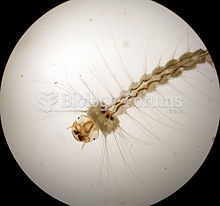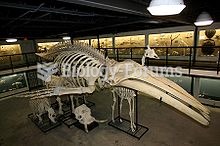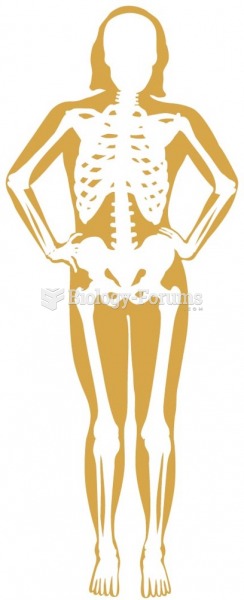|
|
|
Illicit drug use costs the United States approximately $181 billion every year.
The first-known contraceptive was crocodile dung, used in Egypt in 2000 BC. Condoms were also reportedly used, made of animal bladders or intestines.
The most common childhood diseases include croup, chickenpox, ear infections, flu, pneumonia, ringworm, respiratory syncytial virus, scabies, head lice, and asthma.
Stevens-Johnson syndrome and Toxic Epidermal Necrolysis syndrome are life-threatening reactions that can result in death. Complications include permanent blindness, dry-eye syndrome, lung damage, photophobia, asthma, chronic obstructive pulmonary disease, permanent loss of nail beds, scarring of mucous membranes, arthritis, and chronic fatigue syndrome. Many patients' pores scar shut, causing them to retain heat.
Recent studies have shown that the number of medication errors increases in relation to the number of orders that are verified per pharmacist, per work shift.
 Image of pitcher plant mosquito Wyeomyia smithii, showing segmentation and partial anatomy of circul
Image of pitcher plant mosquito Wyeomyia smithii, showing segmentation and partial anatomy of circul
 Types of paralysis: (A) Quadriplegia is complete or partial paralysis of the upper extremities and c
Types of paralysis: (A) Quadriplegia is complete or partial paralysis of the upper extremities and c





